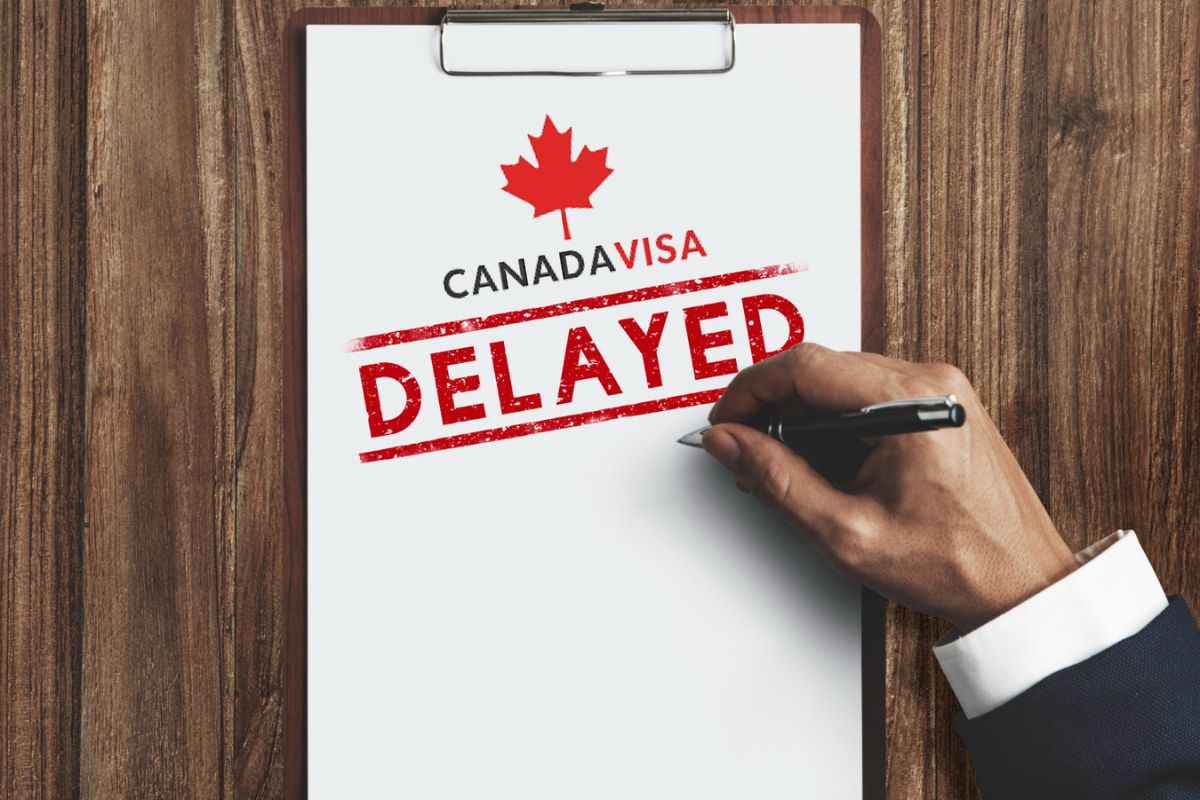When applying to work, study, or immigrate to Canada, individuals must submit their applications to Immigration, Refugees and Citizenship Canada (IRCC). However, the immigration system in Canada is currently facing challenges due to various factors, such as the COVID-19 pandemic, staffing shortages, high demand, and outdated technology
As a result, applicants often experience delays in the processing of their applications, surpassing the standard service times set by IRCC. This article explores the options available to individuals facing such delays and provides guidance on how to navigate the process effectively.
Understanding the Delays
The backlog issue in Canada’s immigration system can arise due to several reasons, including incomplete documentation, background checks, and the aforementioned external factors.
These delays can significantly extend the processing time, causing frustration and anxiety for applicants. It is crucial to address the situation promptly and explore available avenues to obtain updates and resolve the delay.
Options for Applicants
To mitigate the impact of processing delays, applicants have several options at their disposal. These options are designed to help individuals gain insights into their application status and seek resolution. It is essential to follow these steps proactively to minimize unnecessary delays and address any concerns effectively.
1. Checking Application Status Online
Applicants should regularly check their application status on IRCC’s website. The website provides a processing times tool that offers an estimate of the expected wait times. Ensuring that all documentation is complete and up to date is vital to avoid potential delays.
2. Engaging with IRCC
If an applicant experiences delays beyond the standard processing times, they can file a web form inquiry or contact the IRCC customer centre for a substantive response regarding the reasons for the delay. In cases where inquiries to IRCC go unanswered or are unsatisfactory, reaching out to a local member of Parliament to request a status update can be considered.
3. Accessing Application Notes
For applications submitted after 2010, applicants can file an Access to Information and Privacy Application (ATIP). This request grants access to an applicant’s Global Case Management System (GCMS) notes, Computer Assisted Immigration Processing System (CAIPS) notes, or Field Operations Support System (FOSS) notes.
Reviewing these notes can provide valuable insights into any issues or concerns flagged by IRCC officers and enable applicants to address them with additional evidence if necessary.
4. Seeking Legal Assistance
In cases where other efforts have proven unsuccessful, applicants may choose to hire a lawyer to submit a formal request letter via the IRCC web form. This letter emphasizes the extended processing time, efforts made to follow up with IRCC, and the negative impact of the delay on the applicant. Seeking legal representation can help navigate this process effectively.
5. Applying for an Order of Mandamus
If the average processing time has passed, and all previous efforts have not yielded satisfactory results, applicants can consider applying for an Order of Mandamus as a last resort. The Federal Court oversees these applications, pressuring IRCC to reach a decision on the pending application. It is advisable to engage the services of a lawyer who can guide applicants through this complex process.
Conditions for Obtaining an Order of Mandamus
To obtain an Order of Mandamus, applicants must satisfy certain conditions established by the Federal Court. These conditions include:
- Existence of a public legal duty to process the application.
- The duty is owed to the applicant.
- The applicant has met all conditions that trigger the duty, and there has been an unreasonable delay.
- No other adequate remedy is available.
- The requested order will have a practical impact.
- The Court does not find any equitable barrier to granting the relief sought.
- On a balance of convenience, issuing an order of mandamus is warranted.
Conclusion
Waiting for application outcomes can be a challenging and time-consuming process. However, by staying informed about the application status, being proactive in updating files, and rectifying any errors promptly, applicants can navigate the delays in Canada’s immigration system more effectively.
It is important to remember that seeking legal assistance and exploring available options can help alleviate the stress and uncertainty associated with these delays.
(Source and Inputs From CIC News)
Follow and connect with us on Facebook, Twitter, LinkedIn, Instagram and Google News for the latest travel news and updates!





